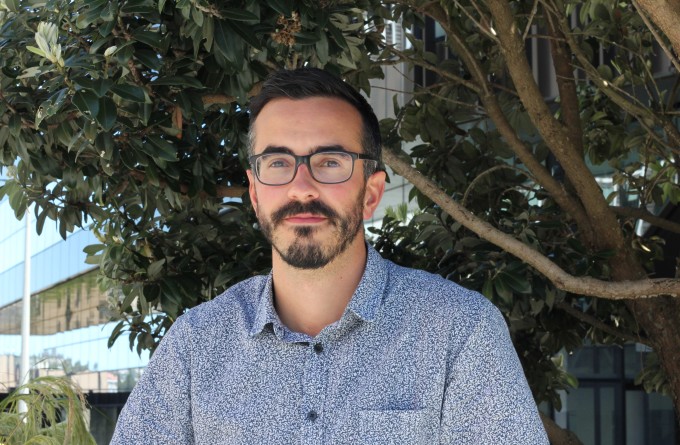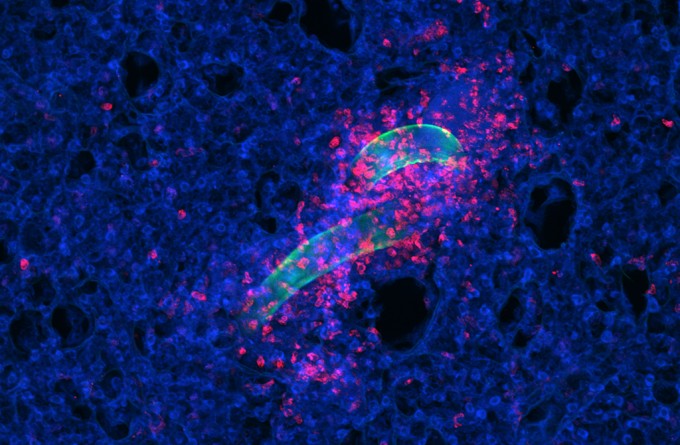Dr Francesco Vacca received his PhD from the University of Edinburgh, Scotland, working under the supervision of Dr Henry McSorley. The main aim of his PhD was investigating the immunomodulatory effects of the secretory products released by the parasitic worm Heligmosomoides polygyrus. His team identified 2 proteins that interfere with the initiation of type 2 immune responses and used them to modulate asthmatic immune response in vivo.
Francesco is a postdoctoral research fellow in the Le Gros Laboratory.
Research interests
"Several epidemiological studies showed a negative correlation between helminth infections and incidence of allergic and inflammatory diseases. Helminths have evolved to survive in the host, evading the host immune system. One of these strategies is producing and secreting molecules that can have a broad effect in the immune system. I am interested in identifying these molecules and possibly use them as treatment for allergic disease or other inflammatory diseases. During the PhD my attention was on the role of the IL-33 pathway and asthmatic type 2 immune responses, studying a cell population called type 2 innate lymphoid cells (ILC2).
"At the Malaghan Institute my project focuses on investigating the possible immunomodulatory effect of the human hookworm Necator americanus and the murine nematode Heligmosomoides polygyrus."
2024
Mules TC, Tang JS, Vacca F, Yumnam B, Schmidt A, Lavender B, Maclean K, Noble SL, Waugh C, van Ginkel R, Camberis M, Le Gros G, Inns S (2024). Modulation of intestinal epithelial permeability by chronic small intestinal helminth infections. Immunol Cell Biol. 102(5):396-406
2023
Mules TC, Lavender B, Maclean K, Vacca F, Noble SL, Yumnam B, Te Kawa T, Cait A, Tang J, O'Sullivan D, Gasser O, Stanley J, Le Gros G, Camberis M, Inns S (2023). Controlled Hookworm Infection for Medication-free Maintenance in Patients with Ulcerative Colitis: A Pilot, Double-blind, Randomized Control Trial. Inflamm Bowel Dis. 2023 Jun 15
2022
Vacca F, Le Gros G (2022). Tissue-specific immunity in helminth infections. Mucosal Immunol. 2022 Jun 9:1–12


